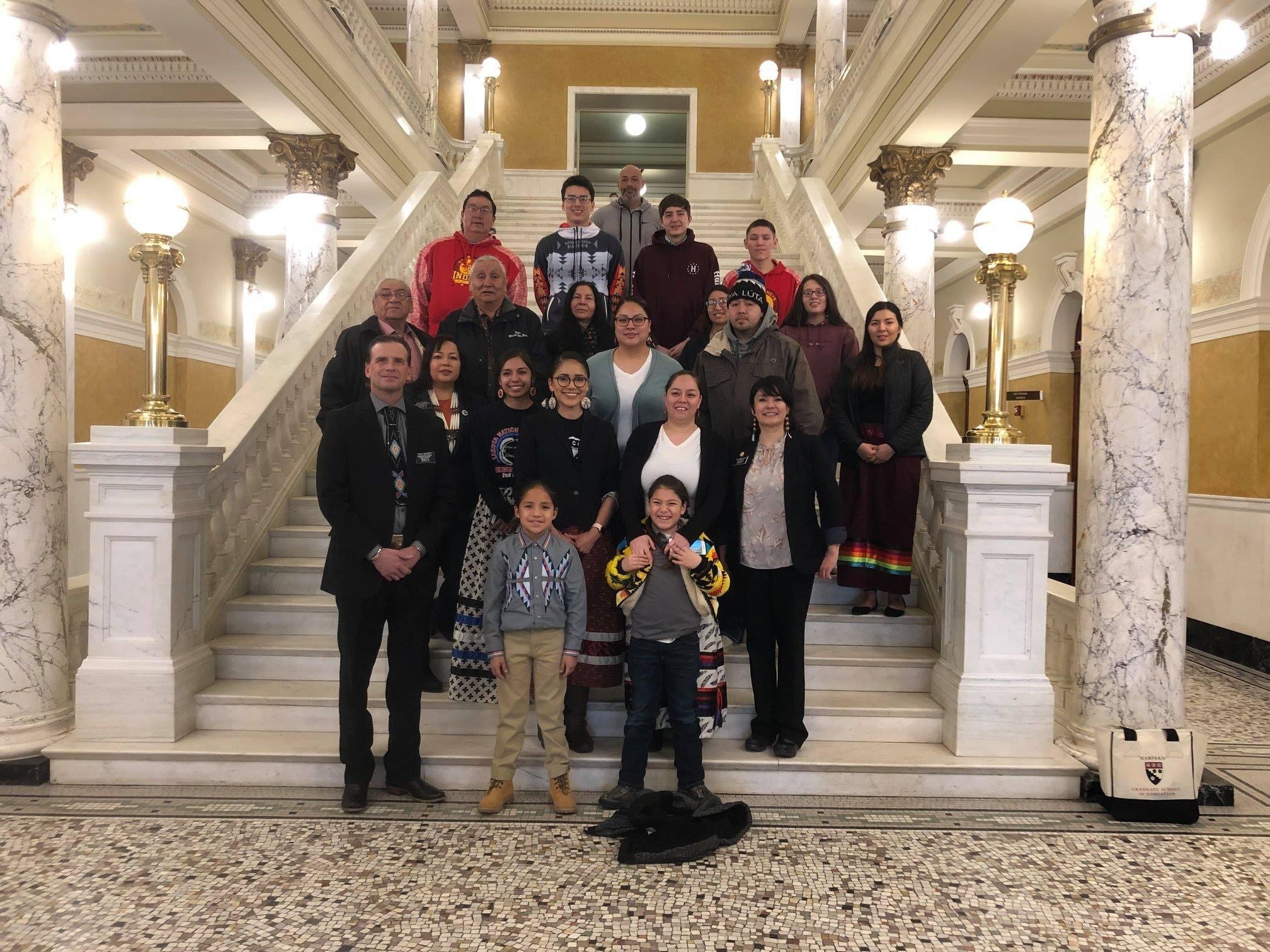
Updated January, 2026
Prepared by our Lakota Advocacy Center Initiative, Native Notes is a monthly newsletter on new and proposed policies impacting Indian Country. Sign up for our newsletter to have these updates delivered direct to your inbox!
2026 South Dakota legislative session
The South Dakota Legislature convenes annually to consider bills that impact communities across the state. During the 2026 session, you can follow along and track legislation and policy areas that affect tribal nations and Indigenous people.
2026 Session at a Glance
The 2026 South Dakota Legislative Session begins in January and runs for approximately 38 legislative days, concluding in March, with an additional day reserved for potential veto consideration. Because the session is shorter in even-numbered years, bills move quickly through committees and floor debates.
Policy Areas to Watch
Healthcare & Medicaid access
Education funding and policy
Voting access and election law
Tribal sovereignty and intergovernmental relations
State budget decisions
Environmental impacts
Many bills begin in committee before reaching the full legislature. Tracking legislation early is key to understanding how policies develop and where advocacy can make an impact.
2026 Midterm elections
what to know
The 2026 midterm elections will determine federal, state, and legislative leadership across South Dakota. These races directly shape policy decisions affecting tribal sovereignty, healthcare, education, land, and community well-being.
Key Election Dates
Primary Election: June 2, 2026
General Election: November 3, 2026
Voter Registration Deadlines:
May 18, 2026 (Primary)
October 19, 2026 (General)
What’s on the Ballot
Federal: U.S. Senate and U.S. House of Representatives
Statewide Offices: Governor, Lieutenant Governor, Attorney General, Secretary of State
State Legislature: All South Dakota State and House seats
We encourage community members to check their voter registration status, learn about candidates, and make a plan to vote - whether early, absentee, or on Election Day.
Official election information and registration tools are available through the South Dakota Secretary of State.
get involved & stay engaged
Your voice matters. Every action - whether voting, attending a meeting, or speaking up - strengthens our community and honors the generations before us.
Stay informed, stay engaged, and make your impact today!
Native Notes
Native Notes is a new project from our Lakota Advocacy Center. We want to empower our relatives to better understand legislation impacting our communities. We believe these newsletters will help new and established community organizers identify and pursue policy change based on our shared values and our traditional teachings.
Wopila ṫaŋk̄a uŋk̄enic̄iyap̄i kṡt̄o (we thank each of you) for reading this!
Join our email list to get our monthly Native Notes and urgent updates direct to your inbox!
Check out July’s Natives Notes here!
Make an impact today
Support Native Notes by contributing a donation.




